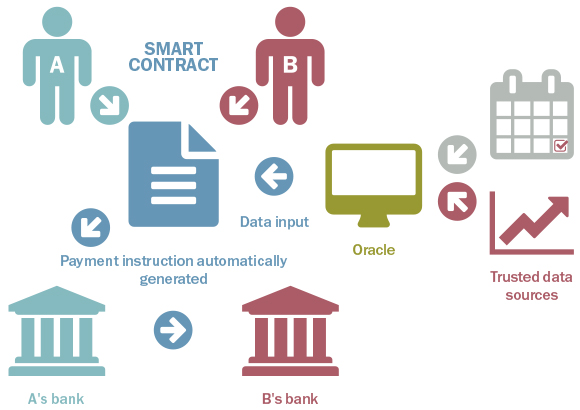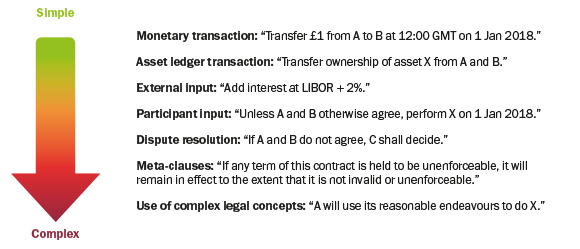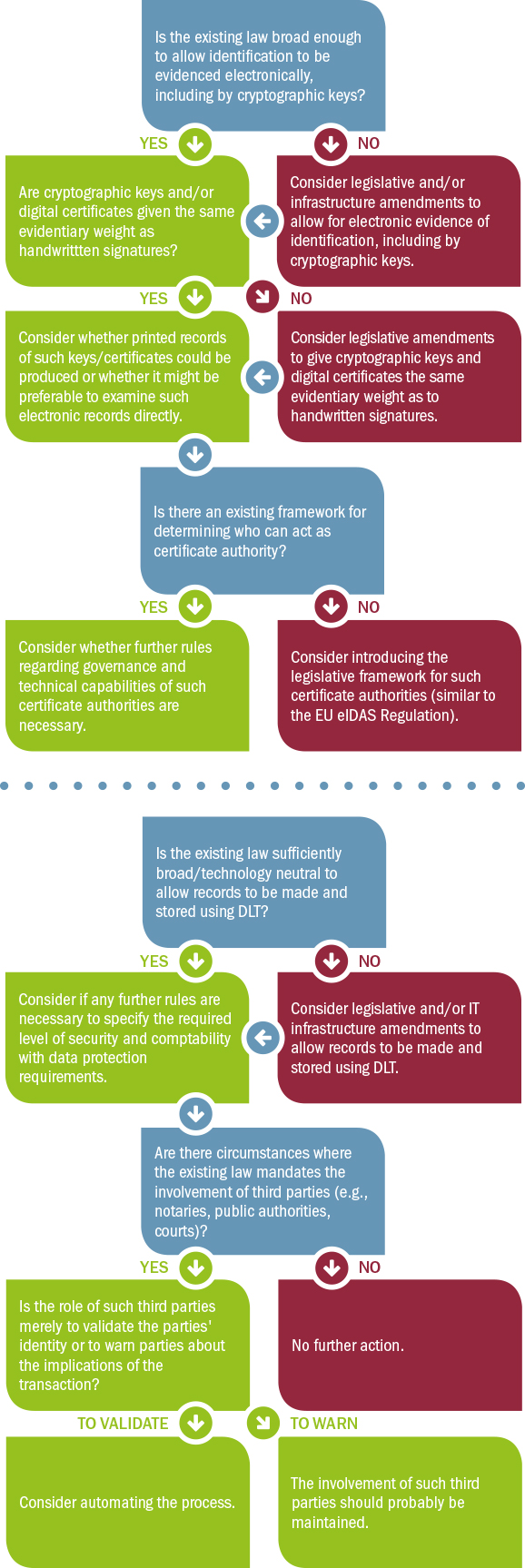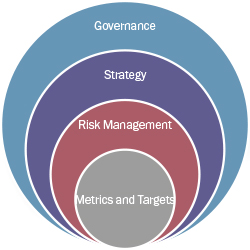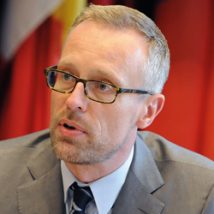Improving corporate governance of investee companies – a common goal of development finance institutions

Good corporate governance is essential for companies wishing to access external capital and for countries aiming to stimulate private sector investments. If companies are well run, they will prosper. Poor corporate governance weakens the company’s potential and paves the way for financial difficulties and even fraud.
The EBRD has a two-fold approach to raising corporate governance standards. The first is to work with investee companies to identify issues that need to be corrected to ensure sound and prudent corporate governance. The second is to work with regulators in the EBRD region to ensure that the legislative framework is aligned to best standards.
This article focuses on the first approach, which is part of a joint effort by many development finance institutions.
As a major investor in companies in central and eastern Europe, Central Asia and the southern and eastern Mediterranean regions, the EBRD has always sought to improve corporate governance standards alongside its investment operations.
DFI common approach for improving corporate governance of investee companies
In early 2006, the EBRD joined forces with other development finance institutions (DFIs) including the International Finance Corporation (IFC), the Dutch Development Bank (FMO), the Asian Development Bank, the Black Sea Trade Development Bank and the Development Bank of Latin America (CAF) to forge a common approach for the promotion of corporate governance in the context of DFIs’ investment activities.
At the Annual Meetings of the World Bank Group and the IMF in 2007, 31 DFIs signed and committed to the joint “Approach Statement”1 which emphasises the importance of good corporate governance practices in the entities in which they are prepared to invest. The Approach Statement calls for DFIs to “develop or adopt guidelines, policies or procedures on the role of corporate governance considerations in its due diligence and investment supervision operations”.
After the signing, a working group – set up with representatives of major DFIs — including the EBRD — developed the DFI Toolkit on Corporate Governance, a set of tools (including a questionnaire, a progression matrix, instruction sheets and many useful sample documents), aimed at providing a common methodology for assessing corporate governance in the DFIs’ investment work.2
As a follow-up to the Approach Statement and the toolkit development, in September 2011, a total of 30 DFIs (including the EBRD) signed the Corporate Governance Development Framework3 as an answer to the G-20’s call for DFIs to strengthen their coordination and ensure accomplishment of certain key institutional reforms, such as an increased commitment to transparency, accountability and good corporate governance. Through the framework, the signatories endorsed the toolkit as a common platform for evaluating and enhancing governance practices in their investee companies.
With the aim of raising awareness, both at the private and public sector levels, of the importance of good governance to sustainable economic development, the signatories of the Framework have undertaken to:
- integrate corporate governance in their investment operations by adopting procedures and tools in line with the framework, conduct corporate governance assessments of their investment clients, and develop action plans when appropriate
- identify staff responsible for implementation and oversight of the framework
- provide or procure training to ensure capacity building and share knowledge on corporate governance
- collaborate with other signatories to share experiences and resources on training and implementation
- report annually on the implementation of the framework.
As of December 2018, 35 DFIs4 had subscribed to the framework. This signals an unwavering commitment by the DFI community to improve corporate governance practices in corporations world-wide.
The EBRD has always sought to improve corporate governance standards alongside its investment operations.












